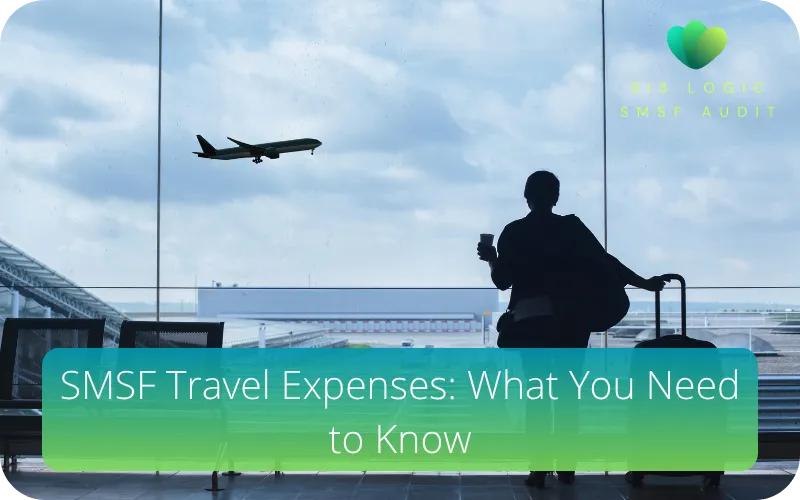
SMSF Travel Expenses: What You Can and Can’t Claim in 2025
It’s no secret that managing an SMSF comes with its fair share of rules, especially when it comes to claiming expenses. One common area of confusion is travel expenses related to property owned by the SMSF. Here’s what you need to know.
No Tax Deduction for Residential Property Travel
Since 1 July 2017, SMSFs cannot claim a tax deduction for travel expenses associated with residential properties.
What counts as a residential property?
A residential property is land or a building that:
Is occupied as a residence or for residential accommodation,
Is intended to be occupied as a residence and is fit for human habitation.
For example:
A house or apartment rented out for residential use is a residential property.
A caravan or houseboat usually doesn’t count as a residential rental property.
What about commercial property?
Good news-travel expenses for commercial properties can still be claimed.
What Travel Expenses Are Covered?
While you can’t claim travel expenses for residential properties, here’s a quick rundown of what typically qualifies as travel expenses in an SMSF context:
Preparing the property for new tenants (but not the first tenants).
Inspecting the property during or at the end of a tenancy.
Repairs due to wear and tear while the property was rented.
Maintaining the property (e.g., cleaning or gardening) while it’s rented or available for rent.
Collecting rent or visiting your agent about the property.
What Travel Expenses Are NOT Covered?
The following types of travel expenses are off the table, regardless of the type of property:
Personal use of the property or purely private trips.
Maintenance costs while the property is not genuinely available for rent.
Repairs for damage not related to the rental period.
Inspections or visits to a property before buying it.
Costs for attending seminars about finding rental properties.
Can My SMSF Pay for Travel Expenses Related to Residential Property?
Yes, the SMSF can still pay for travel expenses, but there’s a catch-it must meet the sole purpose test under section 62 of the SIS Act.
This test ensures that all expenses align solely with providing retirement benefits for members. If there’s even a hint of private use (e.g., an overnight stay), it could raise questions.
Our advice?
Avoid letting your SMSF cover these costs unless you have solid evidence that the expense is 100% related to the SMSF. It’s better to steer clear of any potential compliance issues.
